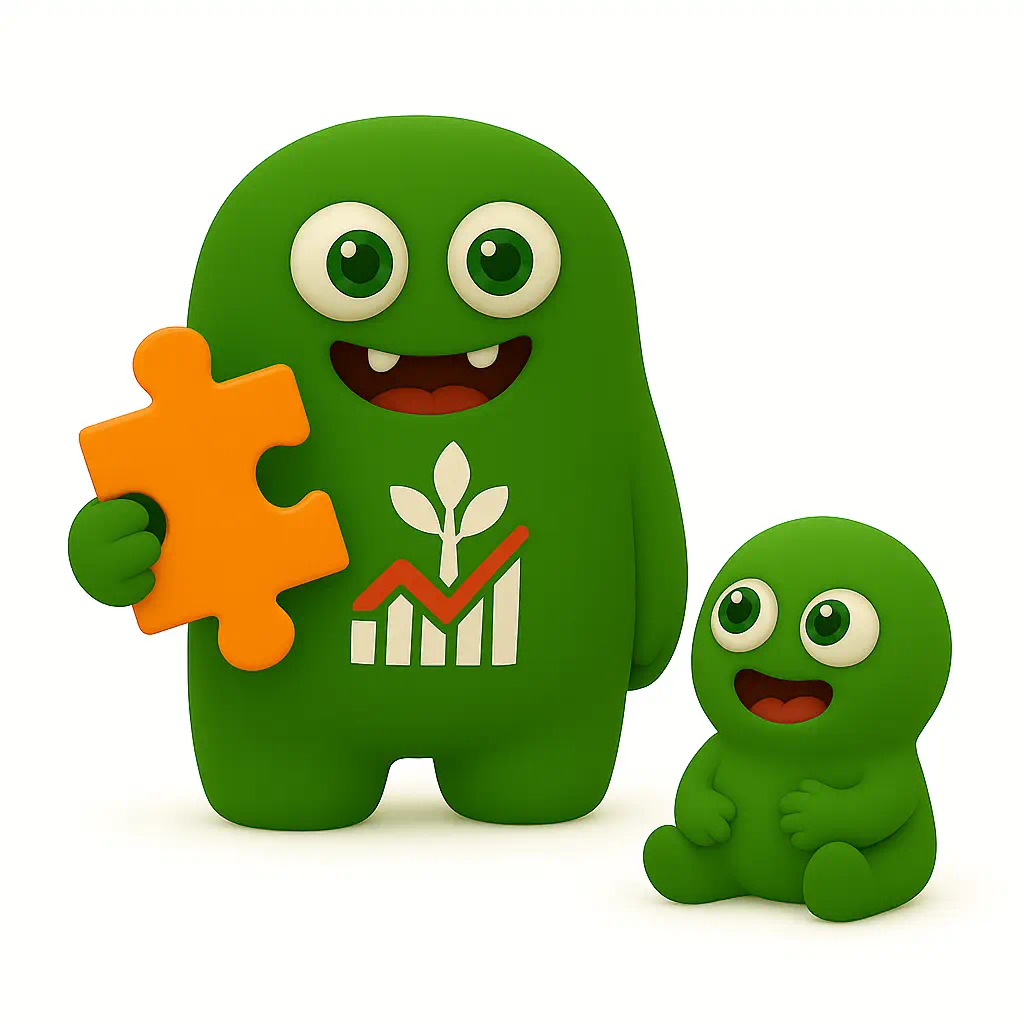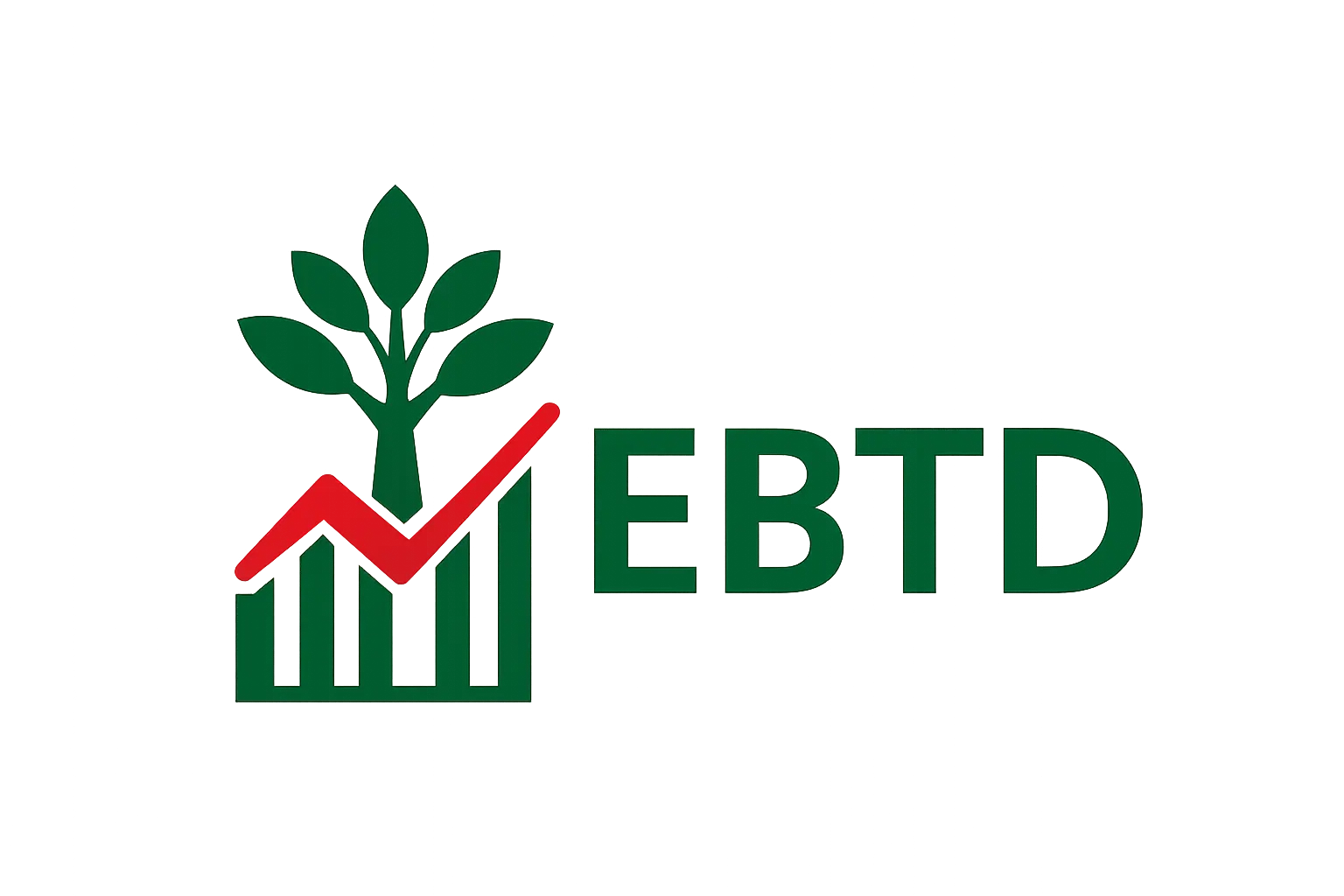
EBTD Early Years Framework (Bangladesh, BD)
A research-informed framework for early childhood education in Bangladesh, bringing global evidence and local context together so every child can build strong foundations for language, thinking, self-regulation and learning.
From birth to the early primary years, this framework helps schools, teachers and leaders design developmentally appropriate, culturally grounded practice for Bangladeshi children.
Watch: EBTD Early Years Framework explained
This short explainer video introduces the purpose, structure and principles of the EBTD Early Years Framework (Bangladesh, BD) and shows how it supports teachers and leaders to move away from early pressure towards developmentally appropriate, evidence-informed practice.
Why early years matter in Bangladesh
Children develop faster from birth to around age eight than at any other point in life. During these years, experiences in homes, communities and classrooms shape the architecture of the brain and lay the foundations for language, self-regulation, social relationships, literacy and numeracy.
In Bangladesh, early childhood education is often pulled towards formal academic outcomes too quickly. Young children are pushed into handwriting drills, rote memorisation and exam-style tasks before their bodies, emotions and attention systems are ready. This pressure is rarely intentional harm. It is usually the result of limited access to clear, practical evidence.
The EBTD Early Years Framework (Bangladesh, BD) responds to this need. It translates global research on early child development — including work from the UK Early Years Foundation Stage and the Education Endowment Foundation — into practical guidance for Bangladeshi schools, teachers and leaders. It is not a copy of another country’s curriculum. It is a Bangladesh-adapted framework, built around:
- what science tells us about how young children learn;
- the realities of Bangladeshi classrooms, families and communities;
- and the ambition that every child should experience a secure, language-rich, play-informed early education without unnecessary pressure.
The sections below introduce ten connected areas of focus. Together, they provide a roadmap for building strong early years provision across Bangladesh.
The ten areas of the EBTD Early Years Framework
Each area links to deeper guidance, research summaries and practical tools for Bangladeshi early years settings. You do not need to implement everything at once: start where your children and teachers need the most support.
Foundations and principles
Sets the overall vision for early childhood in Bangladesh. Explores why the early years matter, how global research applies locally, and four guiding principles: the individual child, secure relationships, enabling environments and development at different rates.
Language and communication
Shows how spoken language in Bangla and English underpins all later learning. Focuses on vocabulary growth, rich classroom talk, storytelling and questioning, with strategies that work in large, mixed-ability classes.
Play, talk and learning interaction
Explains why play is not a break from learning but the main way young children think, explore and reason. Unpacks child-led and adult-guided play, and shows how purposeful interaction and modelling can work even in low-resource settings.
Self-regulation and social development
Focuses on helping children manage attention, emotions and behaviour, and build secure relationships with adults and peers. Offers practical approaches that reduce reliance on punishment and support a calm, predictable classroom culture.
Literacy foundations
Reframes early literacy around language, story and print awareness rather than premature handwriting drills. Covers oral language, phonological awareness, shared reading and the fine-motor development children need before formal writing.
Early maths foundations
Moves beyond memorising numbers and procedures. Emphasises number sense, subitising, patterns and everyday problem-solving using local materials such as pebbles, sticks and bottle caps to build real understanding.
Learning environments and classroom design
Explores what an “enabling environment” means in Bangladeshi schools. Looks at room layout, learning zones, routines and displays that support language, play and independence without requiring expensive equipment.
Observation, assessment and school readiness
Introduces developmentally appropriate assessment based on observation and professional judgement rather than mini-exams. Discusses progress checks and school readiness profiles that support, not pressure, young children.
Family, community and cultural context
Recognises that children’s learning is shaped by families, faith, language and community life. Offers tools for building trust with parents, strengthening home learning environments and aligning school practice with Bangladeshi culture.
Leadership and system-level implementation
Supports headteachers, coordinators and NGOs to embed the framework. Looks at professional development, use of the BRIDGE self-review tools and ways to monitor impact on children and staff without creating additional workload or anxiety.
Stay connected with EBTD Early Years work
If you found this useful, join the EBTD newsletter for monthly, research-backed tips, free classroom tools, and updates on our training in Bangladesh—no spam, just what helps. Sign up to the newsletter and please share this page with colleagues or on your social channels so more teachers can benefit. Together we can improve outcomes and change lives.
